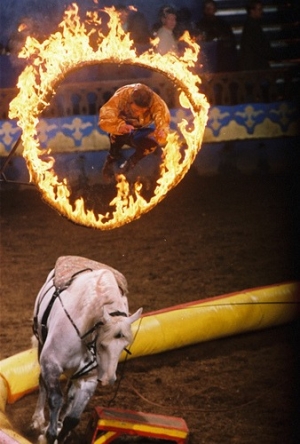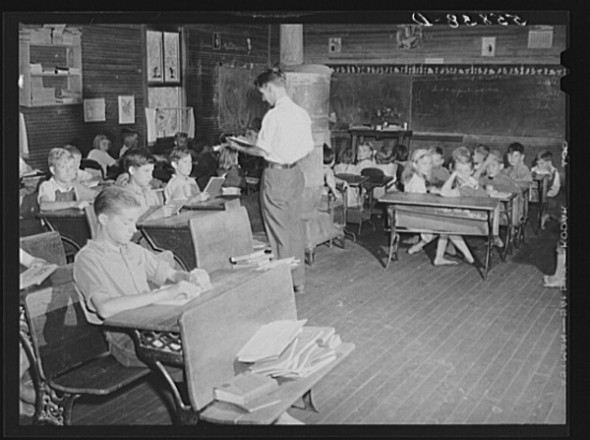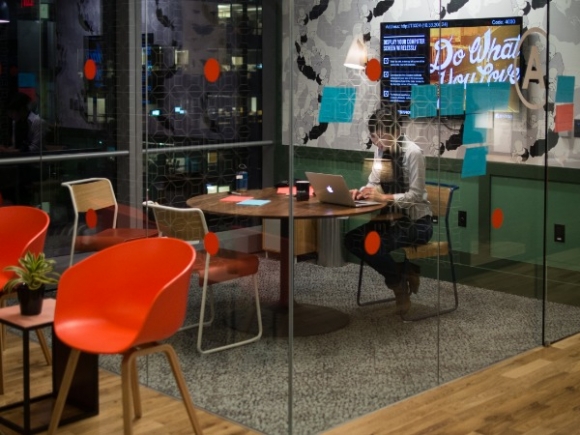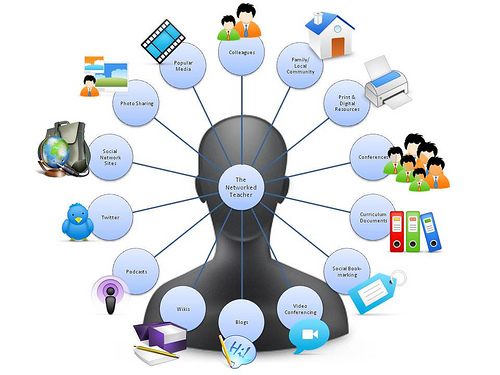Jumping Through the Dissertation Hoop

Ah, the dissertation. That mammoth writing task that a student needs to complete in order to get that terminal degree. ("Terminal" - interesting term to use)
If you work in higher education, then you have stories to tell about people trying to jump through that academic hoop. I have lots of tales of friends and colleagues who struggled to write, finish and make it through their defense. (Isn't "defense" an interesting word to use for that part of the process?)
One friend of mine was being pushed to extend his writing for an additional semester because his supervising professor needed him to justify not teaching an additional class. The professor actually told him that. When he reacted negatively, the prof replied that "We had to jump through these hoops to get our doctorate, so now we get to make you jump." Wow. It's the academic equivalent of fraternity hazing.
I could also write a post on "NOT Writing the Dissertation" since that was my own experience. I enrolled in a Ed.D program in "pedagogy" but lost interest when I was required to take courses on topics such as "school law." I continued to take classes - just not the right ones. Since at that time I was teaching in a public school, when I had amassed 32 credits beyond my MA degree, I "advanced" on the salary guide. Not as far as if I had the Ed.D, but pretty close.
So, I was close to being ABD (All But Dissertation) but really closer to being ADD (Attention Deficit Disorder).
Through my LLC with my wife, we have done editing for academic writing, including some dissertations. When I saw an article by Leonard Cassuto in The Chronicle of Higher Education about the "Value of Dissertation-Writing Groups," it was a good reminder that although we seem to value the solitary work of writing a dissertation, it is - and should be - more of a collaborative writing task.
Cassuto says, "The glorification of solitary labor permeates the imaginary ideal of scholarship in the humanities and humanistic social sciences. Your dissertation is your own work of expertise, your own plot in the great intellectual firmament. And you write it by yourself. Here’s the trouble: It just ain’t so."
The dissertation is supposed to be part of the process of making a student into a scholar and getting research out into the world. Scholarly and academic writing outside of dissertations is especially collaborative. As the article says: "Academic writing done by those who already have the doctorate is very collaborative, as is obvious if you look at all those acknowledgements in scholarly books. There are other academics, librarians, archivists, proofreaders, but also — and crucially — the people who have been reading drafts all along, making suggestions, editing, shaping. The person whose name is on the spine does the largest part of the work, but others share in the labor."
It seems to me that working with graduate students who are doing writing (dissertation or otherwise), you should certainly address the collaborative element. One way to do that is to have a dissertation group. The students we worked with on dissertations all had formed a group on their own with classmates, mostly ones who were on a similar path. That is a part of the process that should be formalized, encouraged and - perhaps most importantly - accepted by academia.


 I didn't get to attend a workshop on personal learning networks (PLNs) led by
I didn't get to attend a workshop on personal learning networks (PLNs) led by 